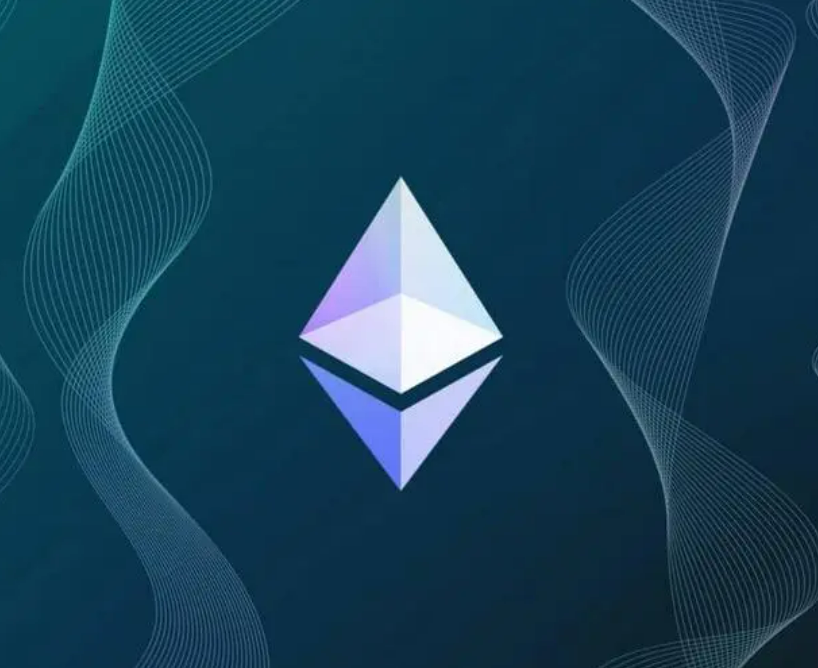Enhancing Crypto Security: Rubic Integrates Private RPC Feature to Prevent MEV Bot Attacks
DEX trading is often associated with risks, ranging from non-reversible payments to MEV bots attacks. As the crypto community strives to make digital assets more ubiquitous, innovative solutions are emerging to ensure the safety of users’ funds.
Execution Tickets
We decompose the slot into the beacon round and the execution round during which the beacon block and execution block are proposed respectively. Each of the two blocks has an associated attesting committee that casts votes used to determine the head of the chain.
THE MEV BOOK: A COMPREHENSIVE GUIDE TO MAXIMAL EXTRACTABLE VALUE
Maximal extractable value (“MEV”) is defined as the value that block proposers (miners or validators) can extract from a blockchain by using their ability to order, insert and censor transactions within the blocks that they produce.
What might an “enshrined ZK-EVM” look like?
Layer-2 EVM protocols on top of Ethereum, including optimistic rollups and ZK rollups, depend on EVM verification. However, this requires them to trust a large codebase, and if there is a bug in that codebase, these VMs risk getting hacked. Additionally, it means even ZK-EVMs that want to stay exactly equivalent to the L1 EVM need to have some form of governance, to copy changes to the L1 EVM into their own EVM implementation.









